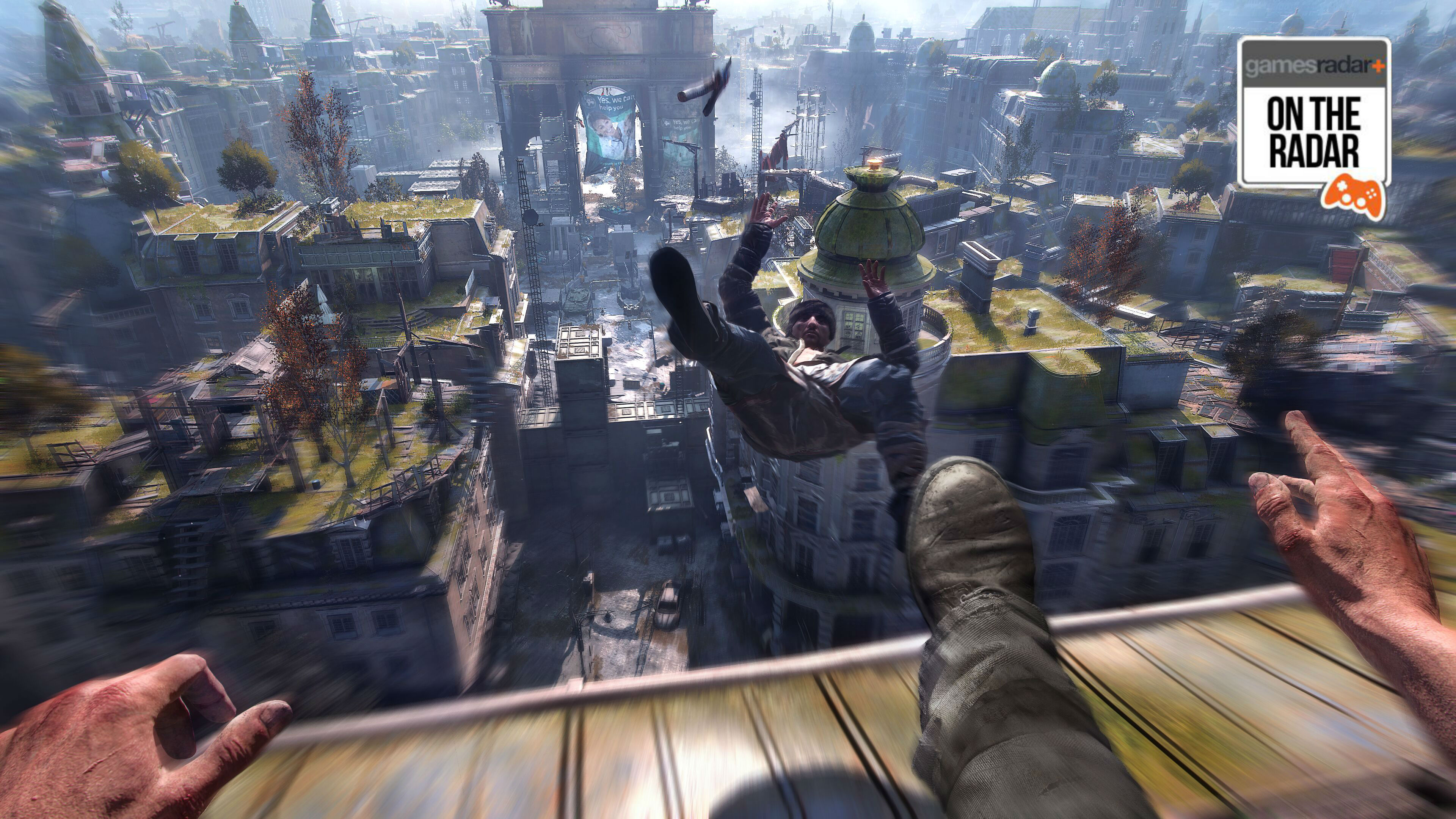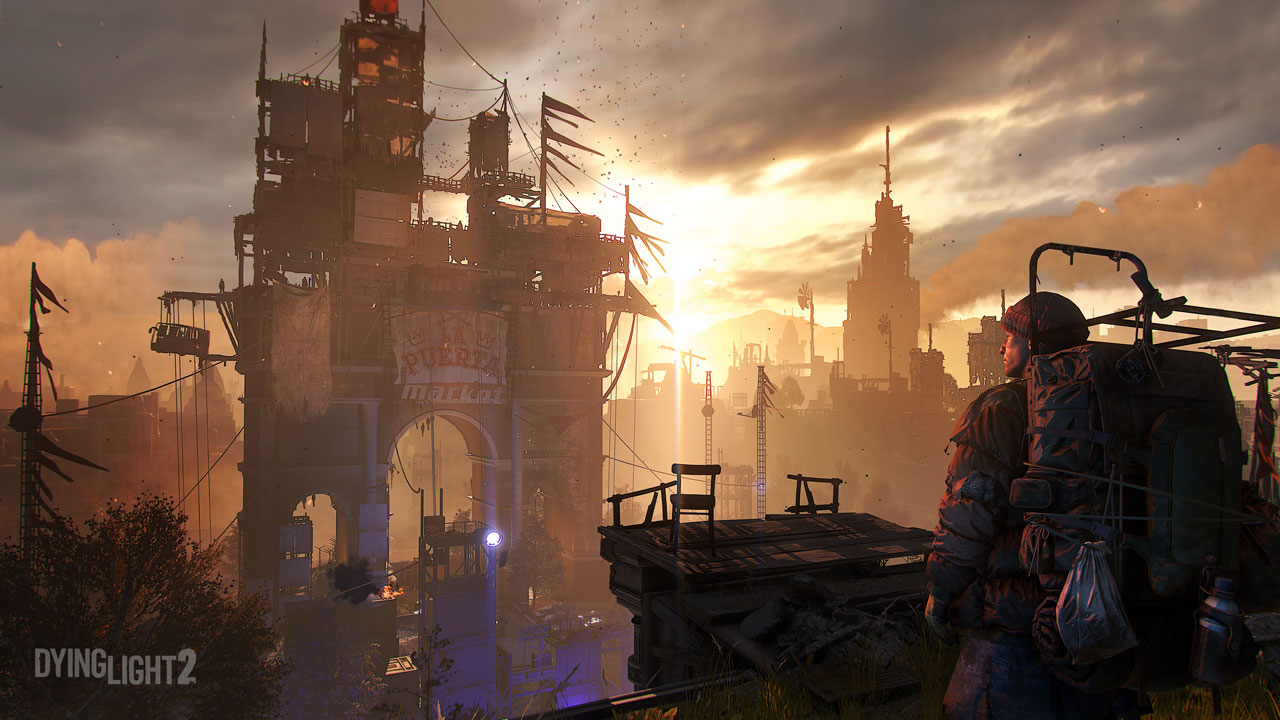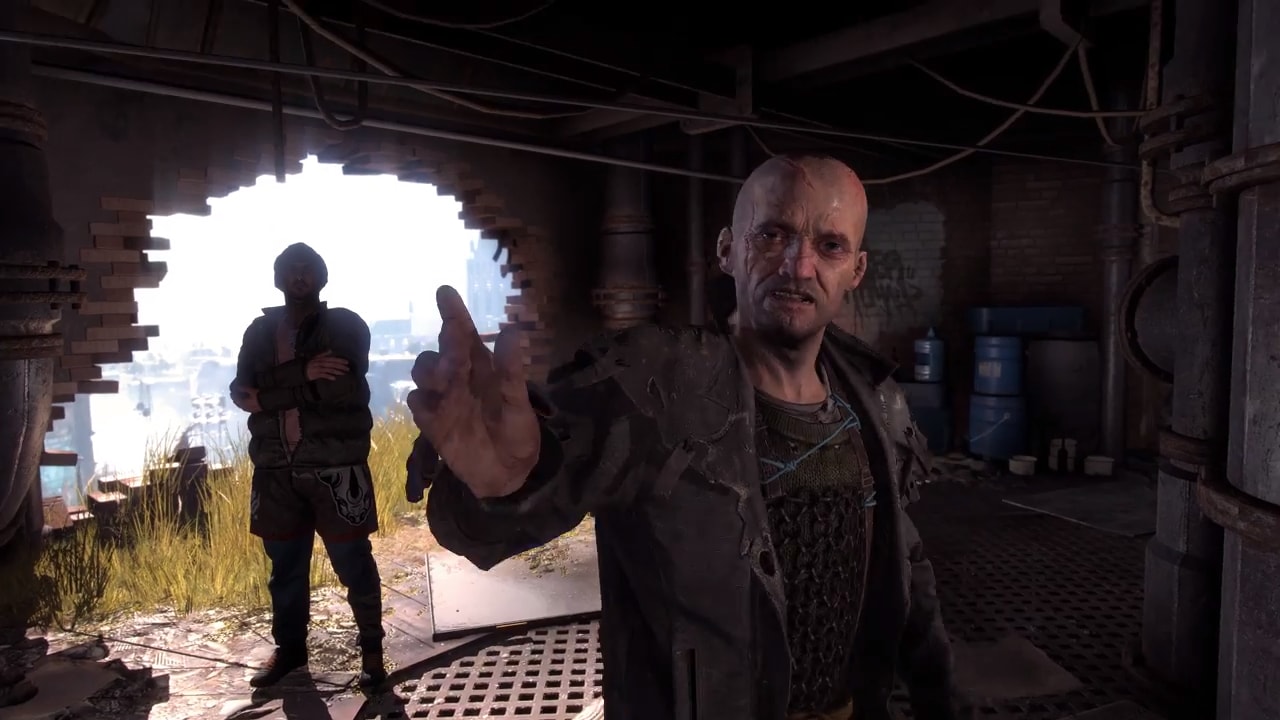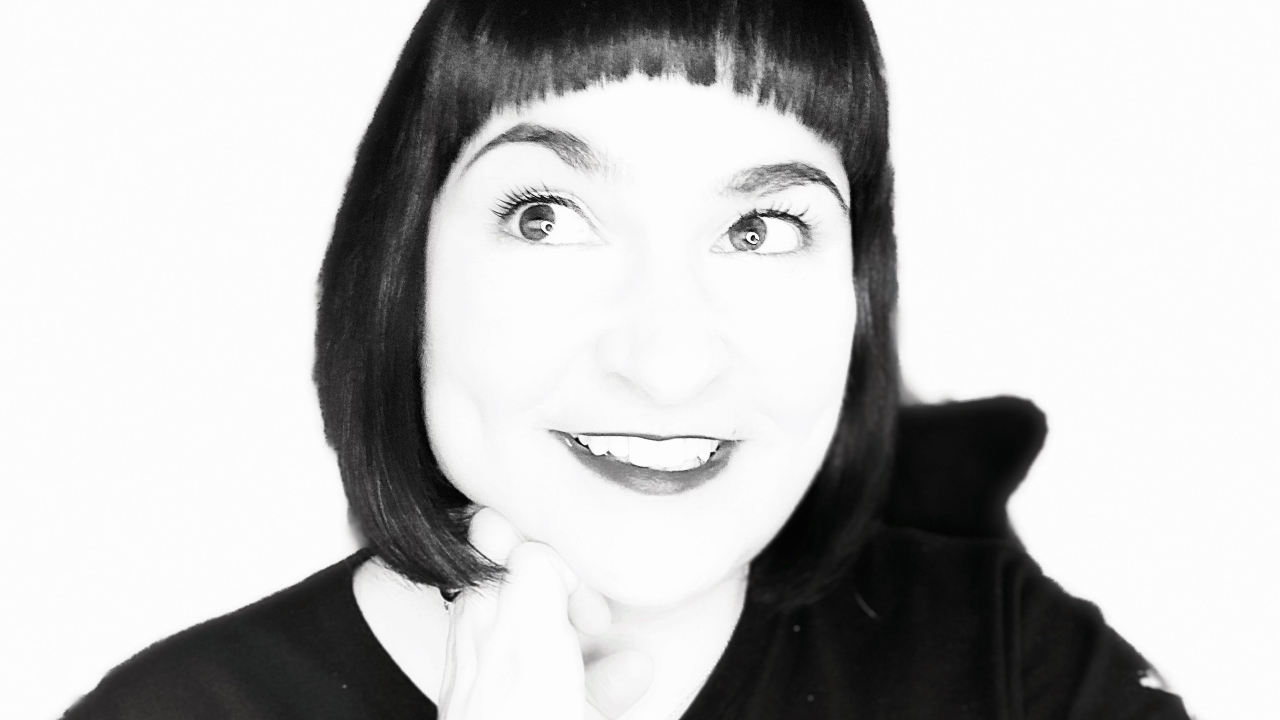How Dying Light 2 is inspired by The Witcher 3 and Game of Thrones
Taking zombies back to the Dark Ages, as explained by Dying Light 2's lead game designer

Dying Light 2 has quickly become one of the most anticipated games of the current generation. Honestly, that should come as no real surprise. Techland took the world by surprise when it unleashed Dying Light in 2015, an open-world zombie game with an edge. Players were enraptured by the hyper-violent combat system, the impossibly slick movement mechanics, and the visually vibrant city that would prove to be such an excellent playground for survivalists looking to challenge themselves at the end of the world.

For more in-depth and exclusive Dying Light 2 articles, be sure to check out our On The Radar coverage hub.
Techland's latest create venture is an ambitious work, where one simply decision can change the composition of the world around you. It's big and it's bold, the type of game that comes from a studio that has been emboldened by recent successes.
That's why we just had to sit down with Techland's lead game designer Tymon Smektała to better understand the influences fuelling Dying Light 2, the ideas that formed this truly awesome sequel, and to get some insight into why we're still so horrified by the idea of a zombified post apocalypse.
GR: What were the biggest changes you wanted to make for Dying Light 2?
Tymon Smektala: I think there were three trains of thought. The first one was that we did a successful game with Dying Light, and people liked that gameplay. We knew we needed to keep that gameplay intact, but upgrade it and expand on it.
The second one was we knew that we needed to create a world that will engage people. A world that will get people excited, and a world that will keep people playing for months, for years perhaps. That's why we came up with the idea of a modern Dark Ages, because it's a setting that works on many levels. It influences the story, because if humanity goes back to the Dark Ages then it behaves like it did in the Dark Ages. Betrayal, infidelity, intrigue - all of those things that you know from Game of Thrones season 8 can happen here as well.
"That's why we came up with the idea of a modern Dark Ages, because it's a setting that works on many levels."
Tymon Smektała, Lead Game Designer
Visually it's very interesting too: you have the clash of the modern [world] with people behaving as they would in the Dark Ages, with torches and using melee weapons. We're using modern buildings, but we add some things created by the survivors so they look like fortresses. It's a powerful thing for us to use as foundation.
Sign up to the GamesRadar+ Newsletter
Weekly digests, tales from the communities you love, and more
The third thing is we were always - as a company - focused on the gameplay. We were confident in our gameplay, but we weren't confident in our narrative skills and being able to tell a story. For Dying Light 2, we knew we had to make a game where the gameplay was on par with the narrative, and narrative was on par with gameplay. That's why we decided to work with [veteran game designer and writer] Chris Avellone, and that's why we decided to work with the guys who worked on The Witcher 3's Bloody Baron quest line. We increased the size of our internal team of writers by three times.

GR: Did that make Dying Light 2 a harder game to make, because it changed the focus?
Smektala: At the start, yes - but then I saw the benefits. Now we have a world that's defined to a bigger extent than in the first game. In the first game, the world was just for you to be able to parkour and bash some zombies on the heads. But now with Chris [Avellone] and those people on board, we're able to create a world that has a lot of interesting ideas, and we can use those ideas as inspiration for gameplay systems. So now I can see that what we create in terms of gameplay makes more sense, because it's grounded in a world that makes sense.
GR: What keeps us coming back to zombies as a monster?
Smektala: I can only answer for myself, and for me it's that humans behave in the most interesting way when they are being pressured. Zombies are the way to put that pressure on individuals and the whole society. I think that's why it's such an interesting theme in games, TV series, comics, and novels. It's the thing that starts different, exciting, and unexpected human behaviours. That's why it's so popular.
GamesRadar: How did you settle on what footage to show to the public as you revealed Dying Light 2 back at E3 2018?
Smektala: I feel, personally, and knowing what we have in the game, that we simplified [the demo] a little too much. But I know we have to present what we have in a simple way.
What we presented here is a binary choice, but in the whole game, this isn't the case. There are more complex choices, we have more options, and the way you make those choices won't be through dialogue. Sometimes they'll be through gameplay, sometimes through your decisions to go to a place and explore it and find something.
It was hard to choose, but we decided to go with a simple form so people could get the idea of what we're working on.
Get the best games and entertainment news, reviews, tips and offers delivered to your inbox every week by signing up to the GamesRadar+ newsletter today.

Rachel Weber is the former US Managing Editor of GamesRadar+ and lives in Brooklyn, New York. She joined GamesRadar+ in 2017, revitalizing the news coverage and building new processes and strategies for the US team.


